Procedure time is shortened by 10 months
At the working session with the Ministry of Transport , members of the Supervision Delegation "Implementation of Resolution No. 43/2022/QH15 on fiscal and monetary policies, supporting the Socio-economic Recovery and Development Program and a number of resolutions of the National Assembly on a number of key national projects" highly appreciated the fact that the transport sector has started, completed and put into operation many important projects in the past 2 years.
In this result, Deputy Minister of Transport Nguyen Danh Huy said that it was partly due to the application of 3 special mechanisms stipulated in Resolution 43/2022/QH15 as well as the mechanisms stipulated in the Resolutions of the National Assembly on a number of important national projects. In particular, the special mechanism on mining licensing as stipulated in Resolution 43/2022/QH15 has shown clear effectiveness, when allowing construction contractors to not have to carry out procedures for granting a License to exploit minerals for common construction materials included in the Construction Materials Survey Dossier serving important national transport infrastructure projects under the Program. "The time to carry out the procedures is shortened by about 10 months compared to normal; contractors are allowed to be proactive, there is no longer a situation of squeezing, colluding to inflate prices...", said the Deputy Minister.
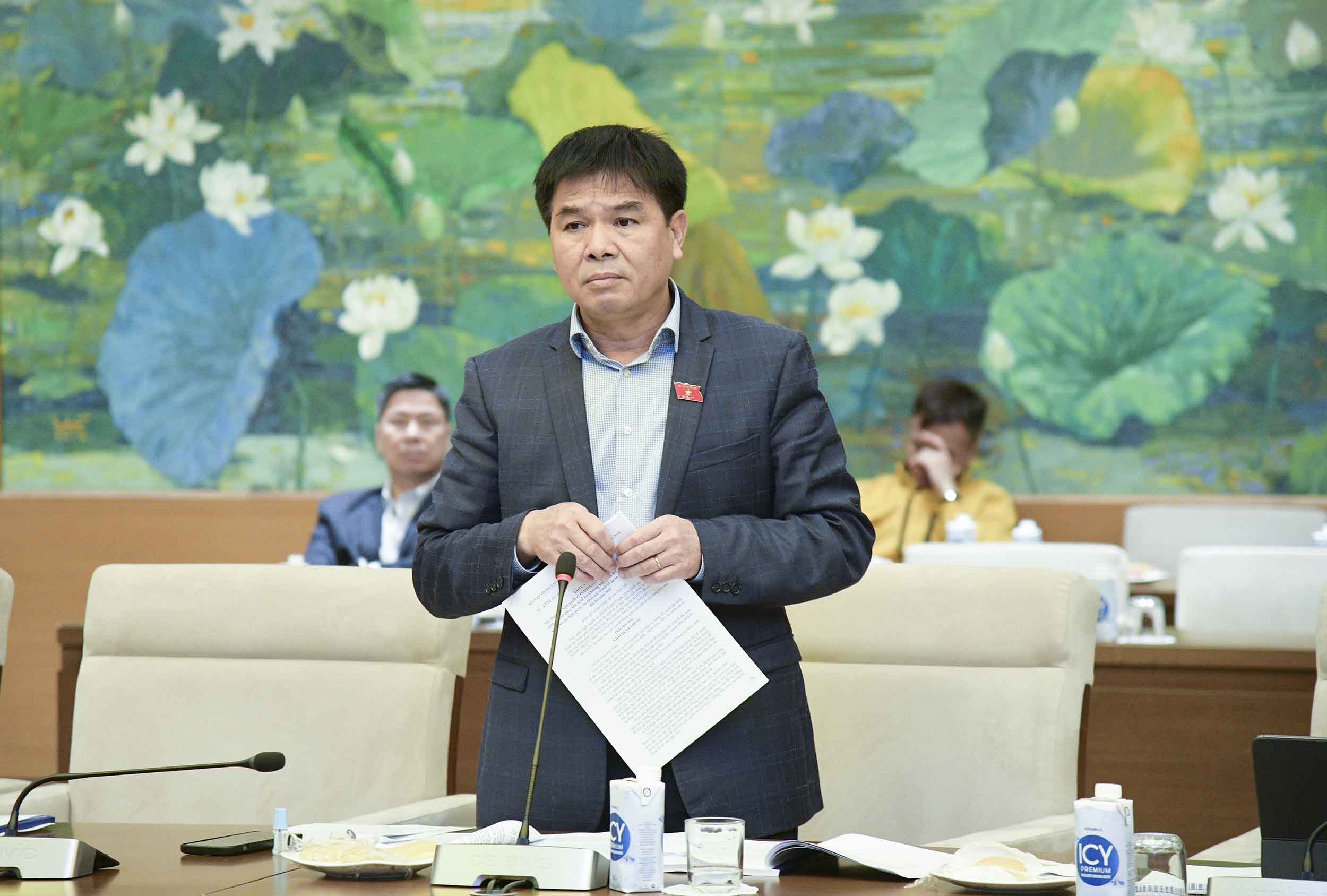
However, the Deputy Minister also pointed out that there are still difficulties in implementing the special mechanism for granting mining licenses because according to the provisions of the Law on Minerals, land mines are not the type of mines that the State can reclaim, forcing the mine owner to negotiate compensation for land rental costs with the people when granted an exploitation license. Therefore, in some mining locations, there have been situations where people have taken advantage of this to raise and force prices up to 2-3 times higher than the State's regulations.
On the other hand, according to the report of the Ministry of Transport, the simultaneous implementation of large-scale projects in the Mekong Delta region under the condition of lacking soil and sand mines concentrated in some localities and having their exploitation capacity controlled, the progress could not be met; the process and procedures for granting direct licenses to construction contractors were applied for the first time, so they were still confusing, causing the implementation time to be extended...
Citing some examples of the shortage of soil and sand mines that has caused some major transport projects in the Mekong Delta to be behind schedule due to waiting for foundation materials, Deputy Chairman of the Finance and Budget Committee Nguyen Huu Toan noted that this is a difficult problem in implementing transport projects in many localities, requiring the Ministry of Transport to soon have a solution.
Using sea sand instead of leveling sand - is it effective?
According to reports from the authorities, investment projects for road construction in the southern region are lacking about 9 million cubic meters of sand; and currently the Ministry of Transport has just piloted the use of sea sand to replace conventional sand for roadbed leveling on the North-South Expressway, Eastern Phase 2, a 300m section passing through the two provinces of Tra Vinh and Soc Trang, and has not yet announced the results.
Raising this issue, Deputy Head of the National Assembly Delegation of Ba Ria - Vung Tau Province Nguyen Thi Yen expressed concern about the progress of implementing transport projects in the coming time and suggested that the Ministry of Transport announce the results of the pilot project of using sea sand instead of regular sand to level roads.
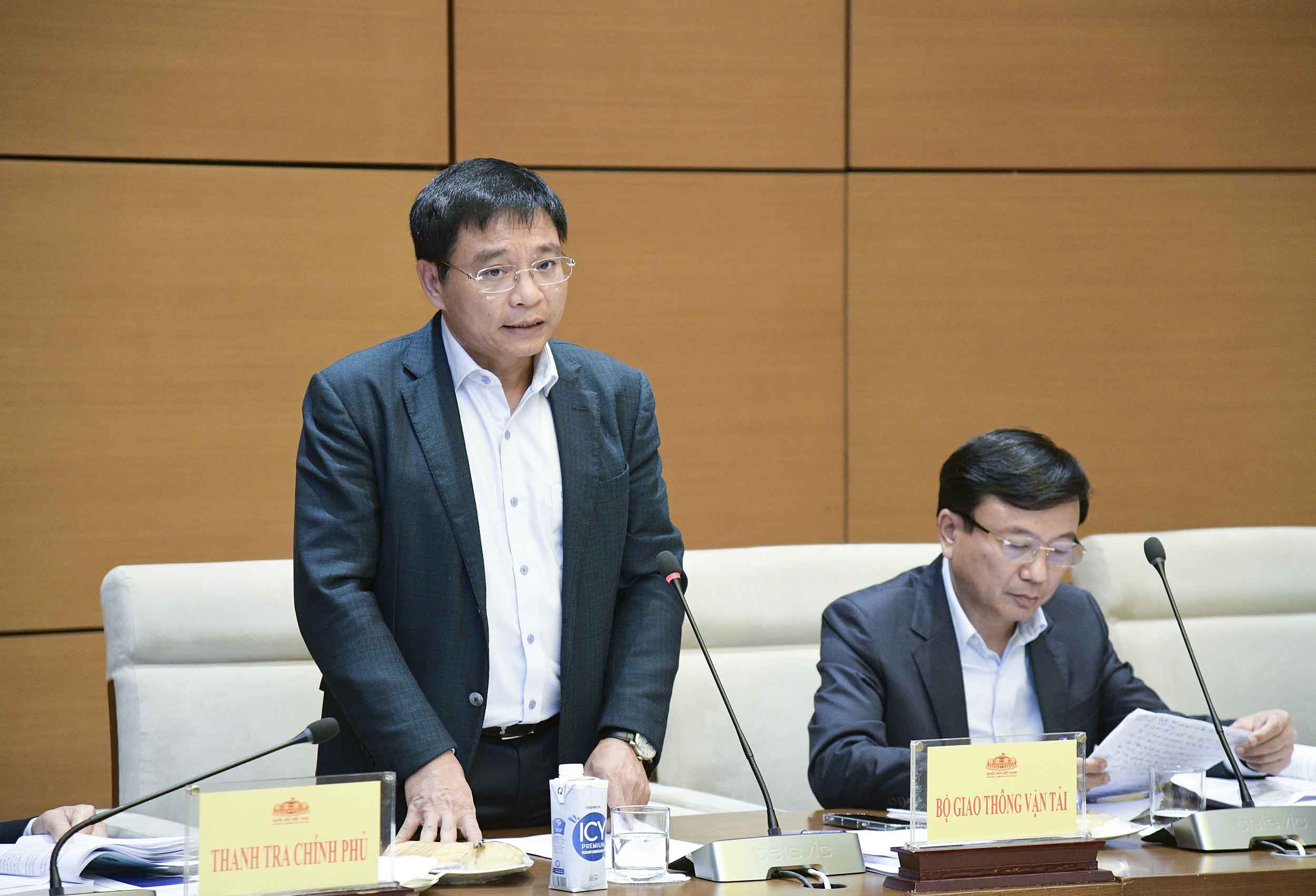
In a supplementary report on issues that need attention in implementing transport projects using funds from the Socio-Economic Recovery and Development Program, Minister of Transport Nguyen Van Thang said that, in addition to the issues mentioned in the ministry's report, the waiting time for subsidence in the Mekong Delta is very long, taking 12 months. Therefore, in recent times, the ministry has directed agencies and units to research and apply appropriate construction methods. Accordingly, units have applied advanced construction methods to reduce the waiting time for subsidence to about 9 months, giving more time to prepare materials for project implementation; prioritizing the provision of sand for filling the foundation for locations that need to wait for subsidence; flexible coordination between contractors, etc.
Reporting more specifically on the results of the pilot use of sea sand, Minister Nguyen Van Thang said that recently, the Ministry of Transport has coordinated with the Ministry of Natural Resources and Environment, along with the two provinces of Soc Trang and Tra Vinh to pilot the use of sea sand instead of regular sand for road leveling. From the results of this pilot, it can be affirmed that we can absolutely use sea sand as a material for leveling road levels. "The Ministry also reported to the Government the results of this pilot implementation in December 2023; after that, a written notice was sent to all localities to both announce the results and provide guidance for implementation," said the Minister.
However, according to the Minister, sea sand is best used with a base of K95 or lower, helping to reduce the use of 80% of river sand volume for leveling roads. In addition, to expand the application to other projects, it requires relevant ministries and branches, including the Ministry of Construction, the Ministry of Agriculture and Rural Development, the Ministry of Transport, etc., to issue regulations and implementation standards.
Monitoring reality shows that the implementation of projects using capital from the Socio-Economic Recovery and Development Program is still slow and cannot ensure project completion within the set deadline due to many reasons, including the shortage of soil and sand for road leveling, especially in the Southern region.
In the context that the time limit for implementing these projects is running out, members of the National Assembly's Supervisory Delegation suggested that the Ministry of Transport should coordinate with ministries and branches to promptly complete tasks within its functions and tasks, actively guide localities to use new technologies and materials in the construction process, contributing to speeding up the implementation progress.
Source




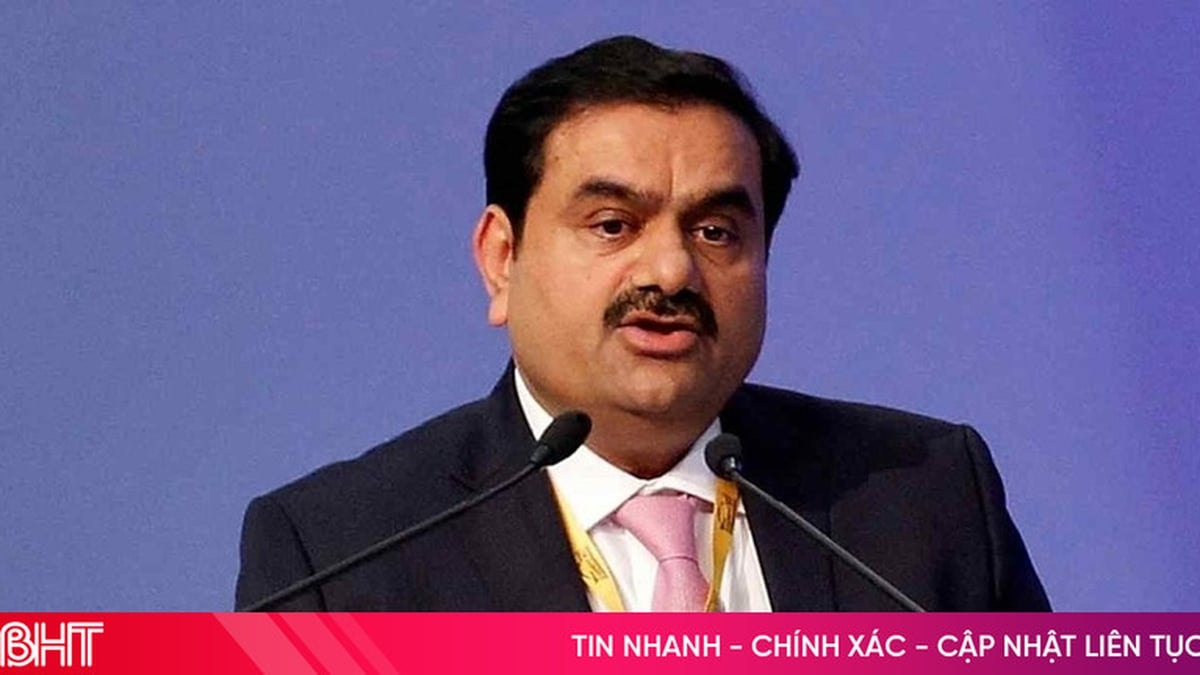




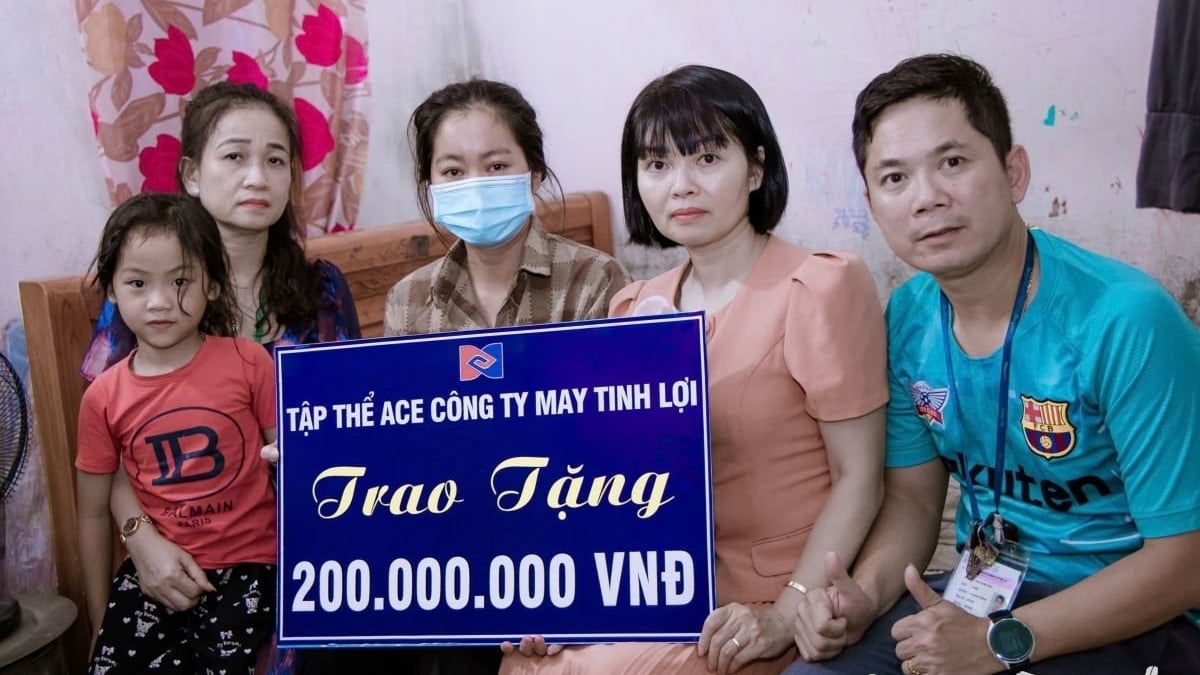

































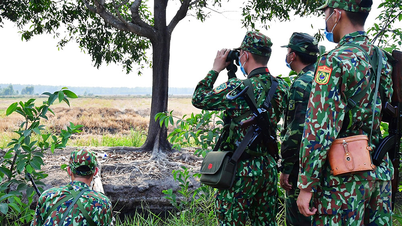












![[Maritime News] Container shipping faces overcapacity that will last until 2028](https://vphoto.vietnam.vn/thumb/402x226/vietnam/resource/IMAGE/2025/7/30/6d35cbc6b0f643fd97f8aa2e9bc87aea)






































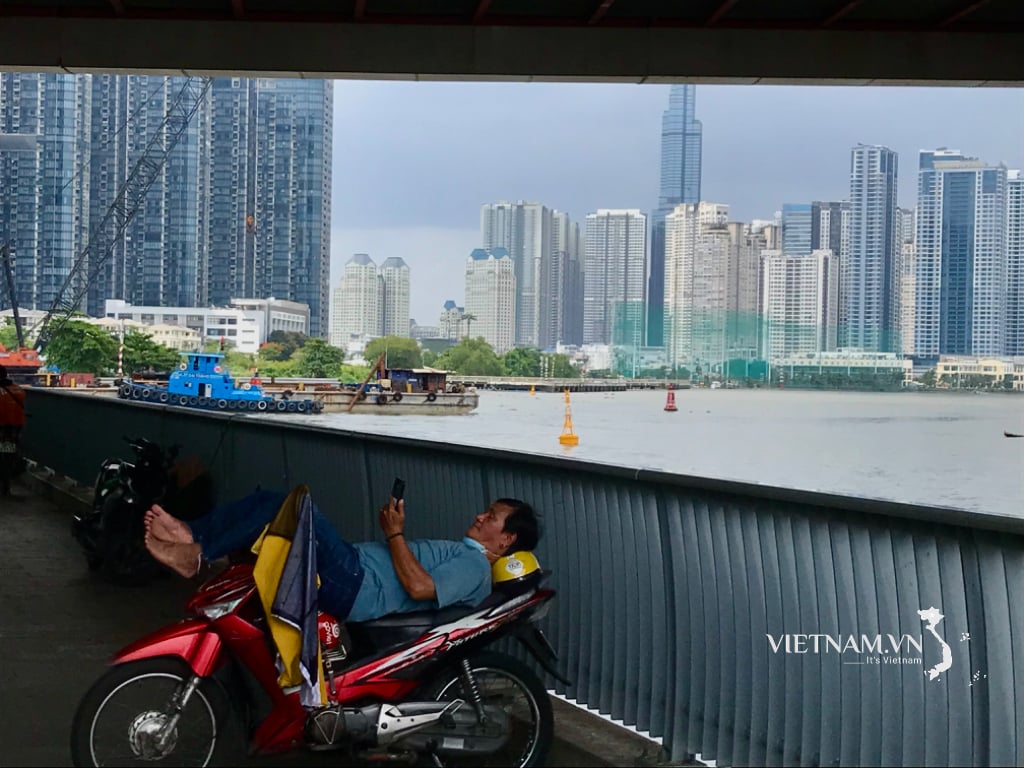

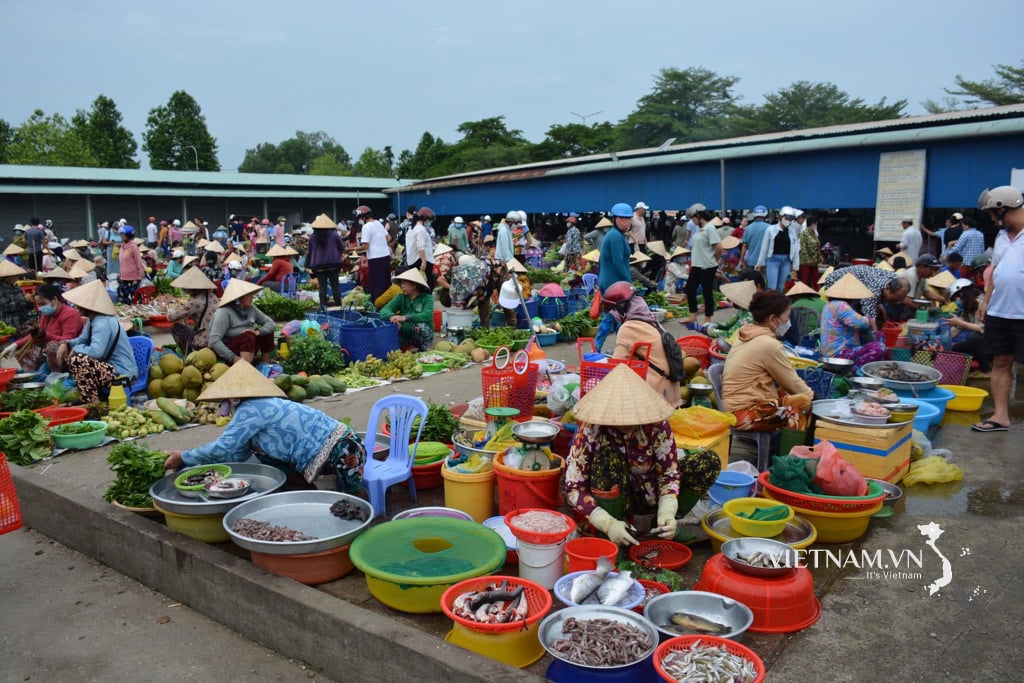

Comment (0)